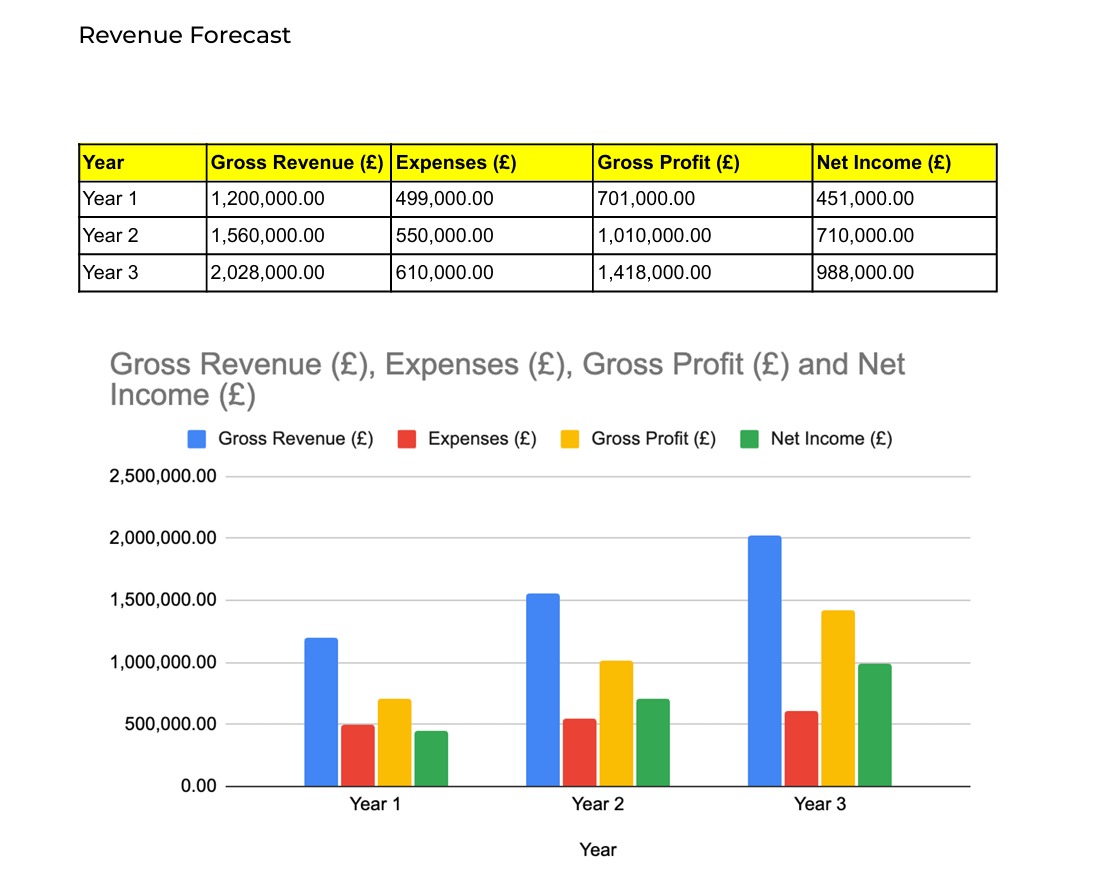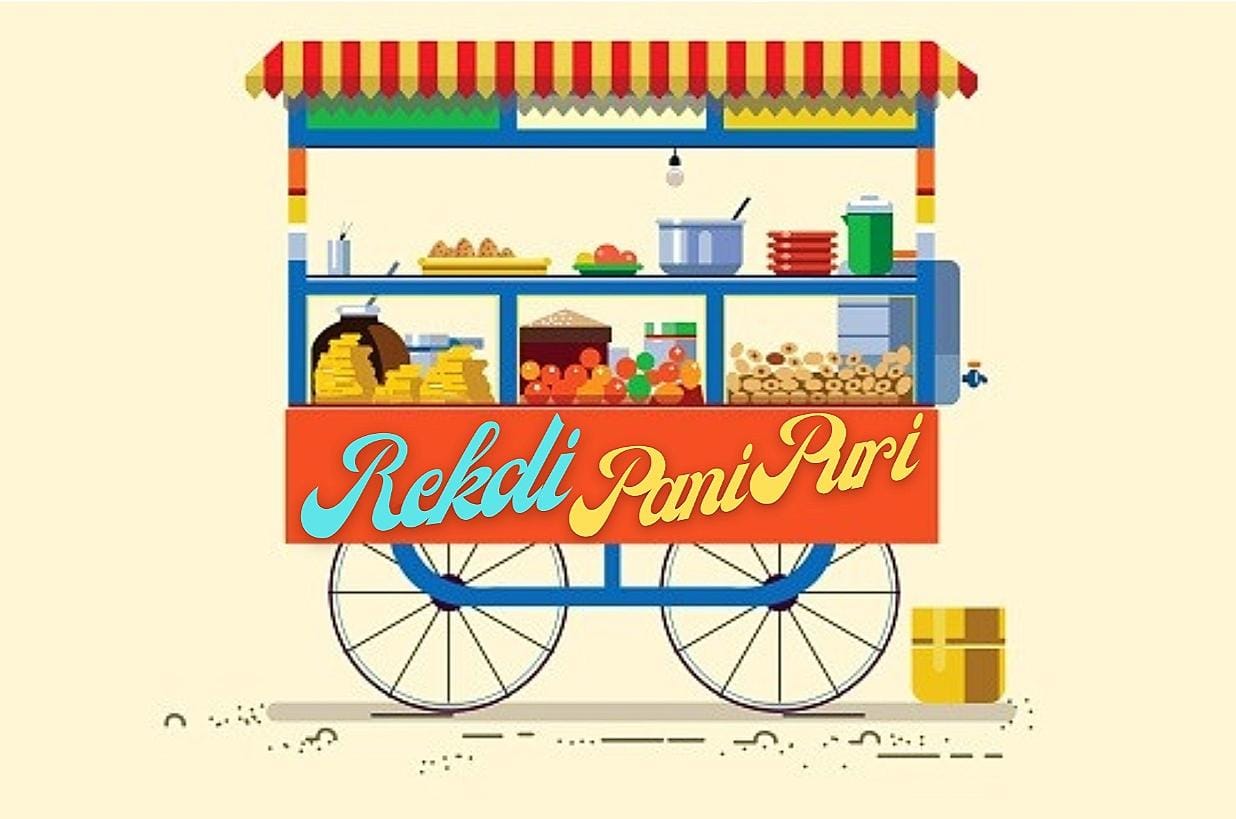

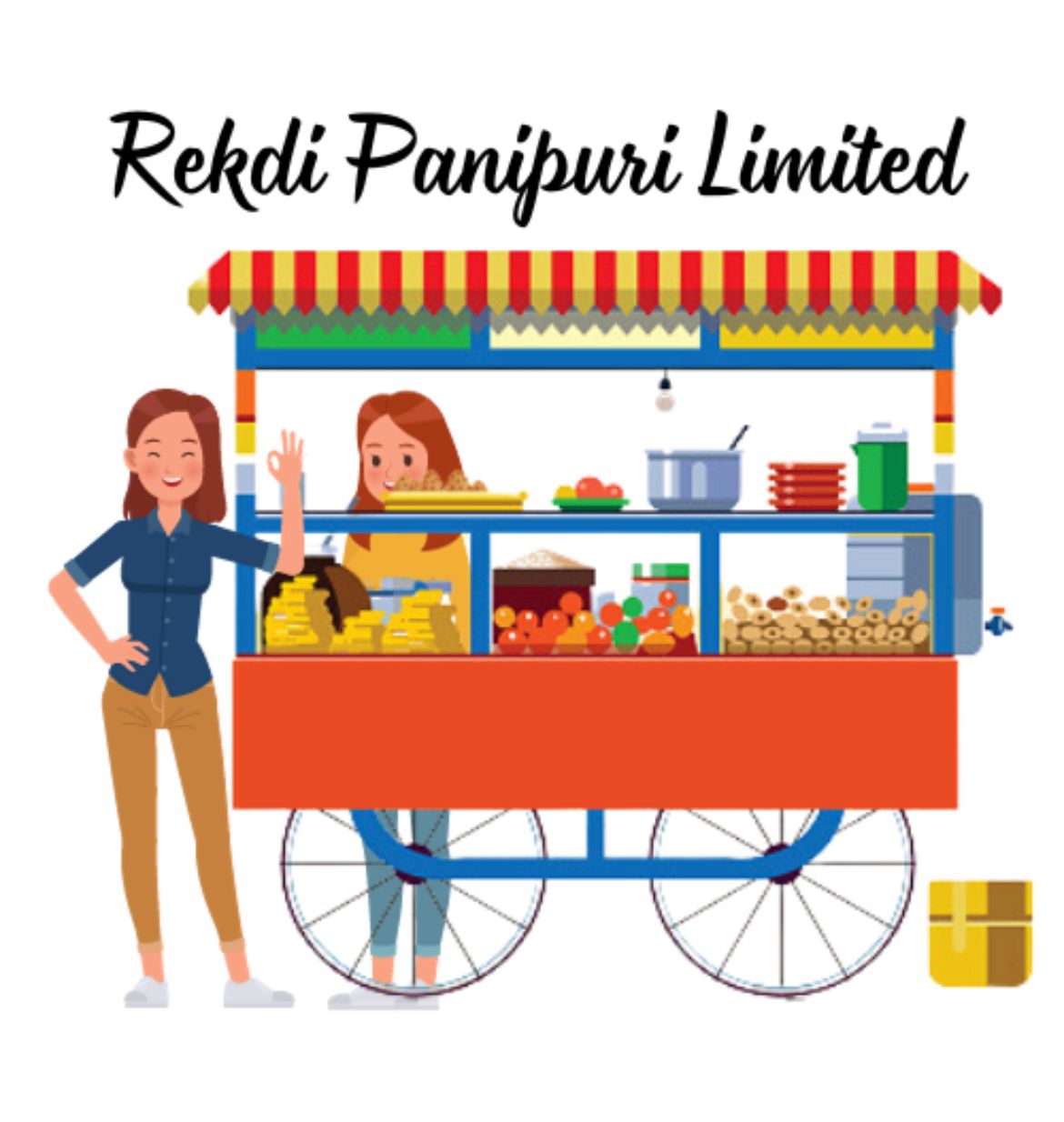
The company's financial performance demonstrates its potential for growth and profitability. In its first 7 months of operation, Rekdi Panipuri Ltd achieved a monthly turnover ranging from £75,000 to £120,000. The cost of production is efficiently managed, with 20% allocated to raw materials, 13% to employee salaries (supporting a workforce of 7 employees), and 20% covering other operational expenses. The primary expenses include rent, rates, utilities, and miscellaneous operational costs, which account for 50% of the total expenditure. One-time investments of £80,000 were made to set up cooking equipment and furnish the outlets. This initial investment has proven to be a sound decision, as it has facilitated the rapid growth and high-quality service that Rekdi Panipuri Ltd is known for. The business maintains a healthy profit margin of 30% to 40% on turnover after deducting all expenses and VAT. This demonstrates the potential for substantial profitability, which is expected to grow by 30% annually. The expected profit margin on cost is an impressive 150%, further highlighting the company's financial stability. While Rekdi Panipuri Ltd currently does not have a dedicated website, it has established a notable presence on Google. However, the company recognizes the importance of an online platform and plans to invest £1,000 in developing a website or app to enhance customer engagement and streamline operations.
Rekdi Panipuri Ltd's primary objective is to establish itself as a prominent and trusted chain of Indian vegetarian takeaways in the UK. The envisioned expansion, with the opening of 5-10 new outlets, aligns with this goal. The company seeks investments, loans, and potential working partners to fund this expansion and solidify its position in the market. Rekdi Panipuri Ltd, has emerged as a promising player in the Indian vegetarian takeaway industry. With impressive financial performance, a diverse menu, and ambitious plans for growth, the company is well-positioned to capitalize on its success. A robust business plan will be essential in attracting investors and securing the necessary funding to bring this vision to fruition. Rekdi Panipuri Ltd aspires to become the go-to destination for Indian vegetarian cuisine in the UK, filling a unique gap in the market with its exceptional offerings and commitment to quality.
Rekdi Panipuri Ltd's mission is to emerge as a prominent and trusted chain of Indian vegetarian takeaways in the United Kingdom. We are dedicated to providing a diverse array of authentic and affordable culinary experiences that delight our customers. With a strategic expansion plan to establish 5-10 new outlets across the UK, our mission is to bridge the gap in the market for high-quality Indian vegetarian cuisine. We are committed to maintaining financial stability and upholding the highest standards of culinary excellence as we strive to become the foremost destination for those seeking exceptional vegetarian dining experiences.
● Panipuri/Golgappa: Hollow crispy shells filled with spicy potato mixture and tangy tamarind water.
● Bhel Puri: A savory snack made from puffed rice, vegetables, and chutneys.
● Pav Bhaji: A flavorful mashed vegetable curry served with buttered buns.
● Samosa: Deep-fried pastries filled with spiced potatoes and peas.
● Dahi Puri: Similar to panipuri but filled with yogurt, chutneys, and spices.
● Aloo Tikki: Pan-fried potato patties served with chutneys.
● Pakoras: Assorted fritters made from gram flour and vegetables.

Main Course:
|
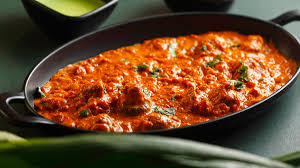
|
Curries and Gravies:
|

|
Desserts:
|
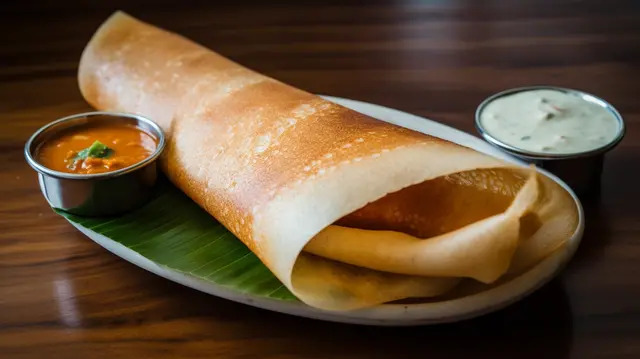
|
Dosa and Idli:
|

|
Beverages:
|

|
Rekdi Special Thali:
|
